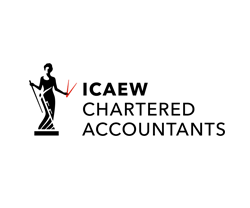March 21st, 2019
Can I get tax relief for a combined business and leisure trip?
The answer is yes…well…sort of…
There is no problem mixing a bit of sightseeing into your business trip but it will bring into play HMRC’s ‘duality’ legislation, which makes things slightly more complicated when trying to figure out which of your expenses are allowable and which aren’t.
To put it simply, HMRC states that all business expenses ‘must be incurred wholly and exclusively for the purpose of your trade’. This means you can’t have a massage before a big meeting to ‘calm your nerves’ as there is also a personal benefit.
The best thing to think about when considering if a travel cost is a business expense or not, is whether your ‘expenses’ have a dual purpose. As long as you don’t personally benefit from the expense, it will be tax deductible. So ask yourself ‘do I need this for my business’? If the answer is ‘yes’ then it’s likely to be tax deductible. If the answer is ‘no’ then it isn’t.
The last thing to consider is, ‘is it okay to bring friends or family to keep you company on your travels?’ As you’d expect, all of the expenses that they incur aren’t deductible, so if you go out for some lunch keep in mind that you’ll only be able to claim your portion of the bill – so their lobster and cocktails are a big no.
But it’s not all doom and gloom, as HMRC may ignore the ‘wholly and exclusively’ rule when it comes to sharing accommodation. If you’ve already paid for a room for your business trip and there’s no additional cost for someone to share it with you then the whole cost of the room is deductible.





